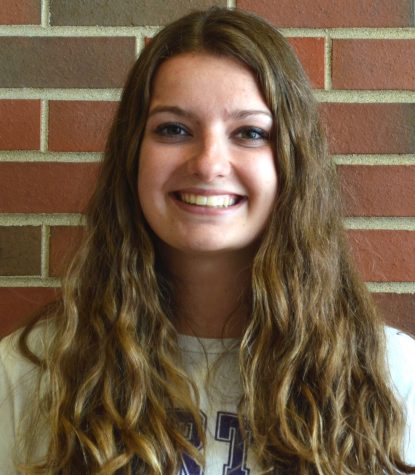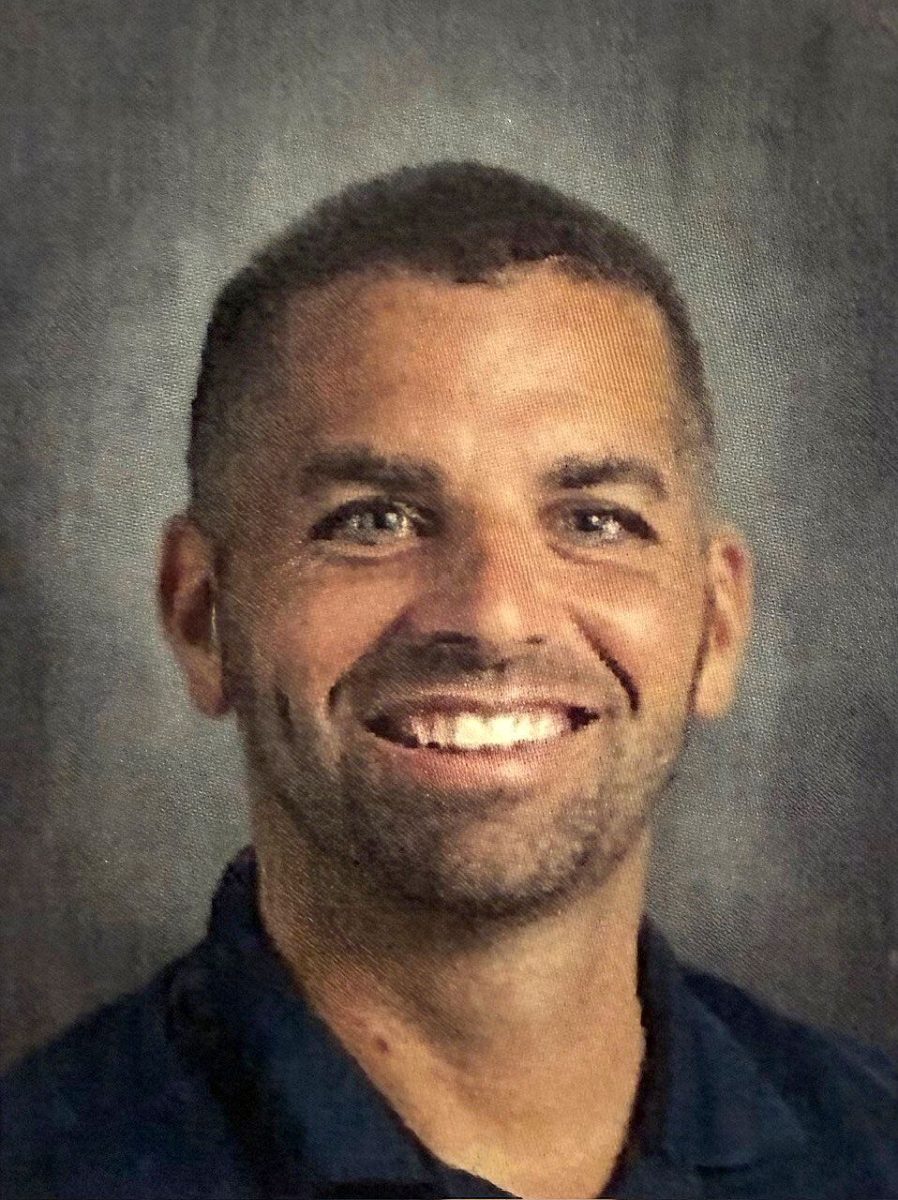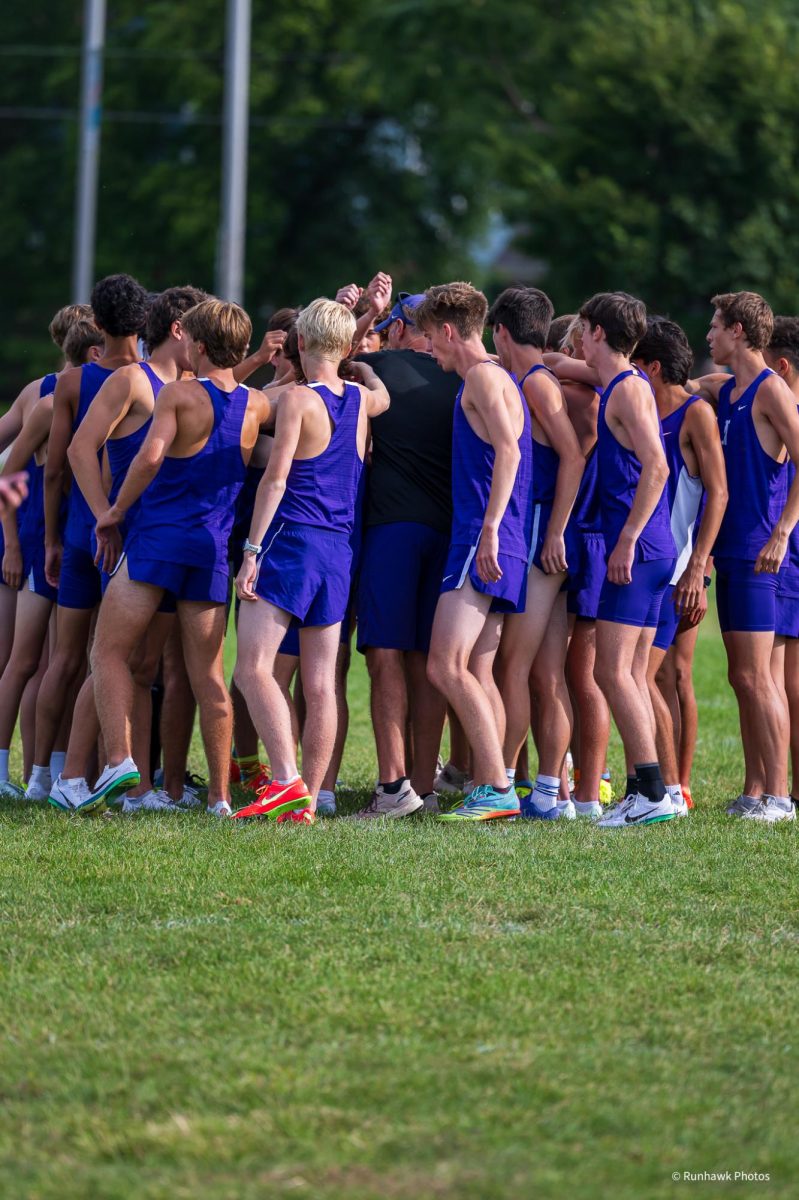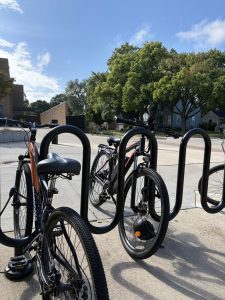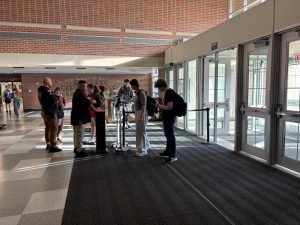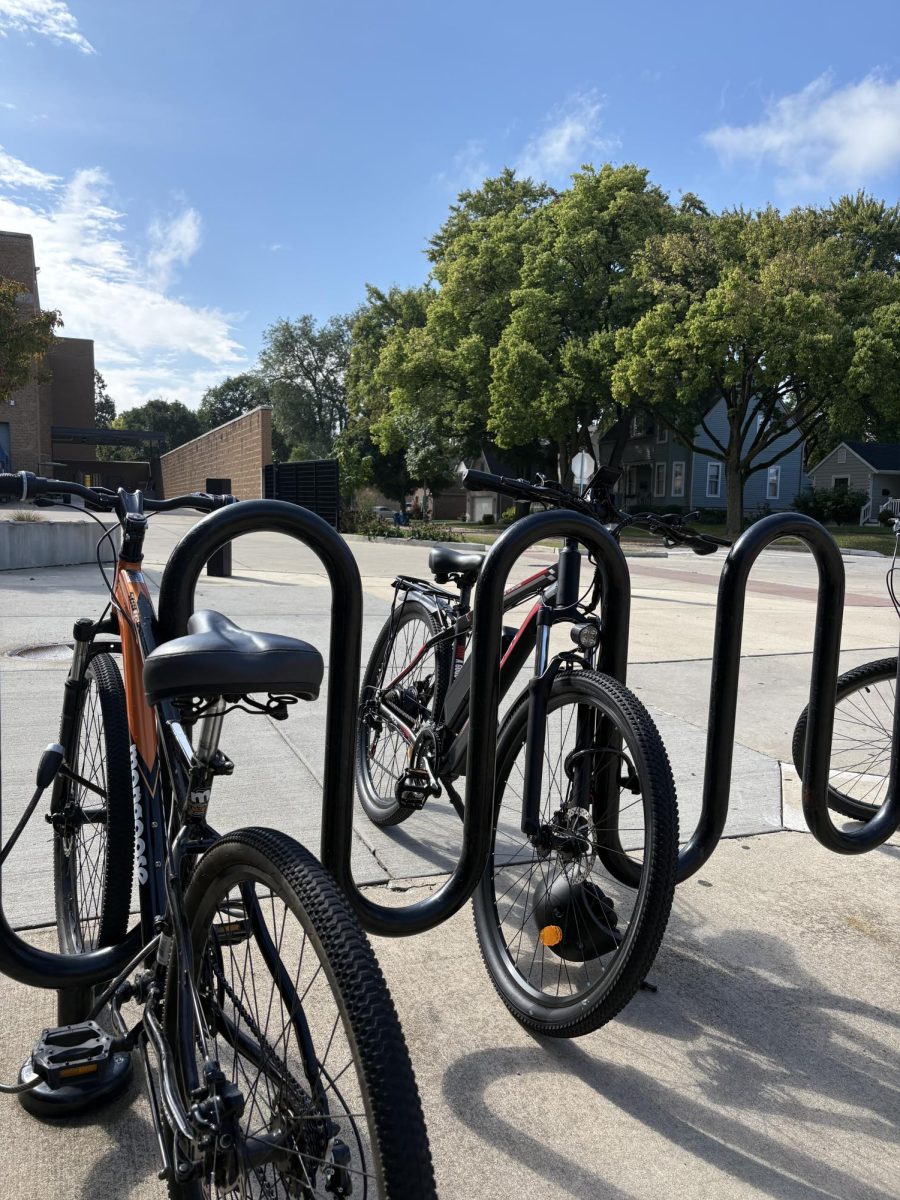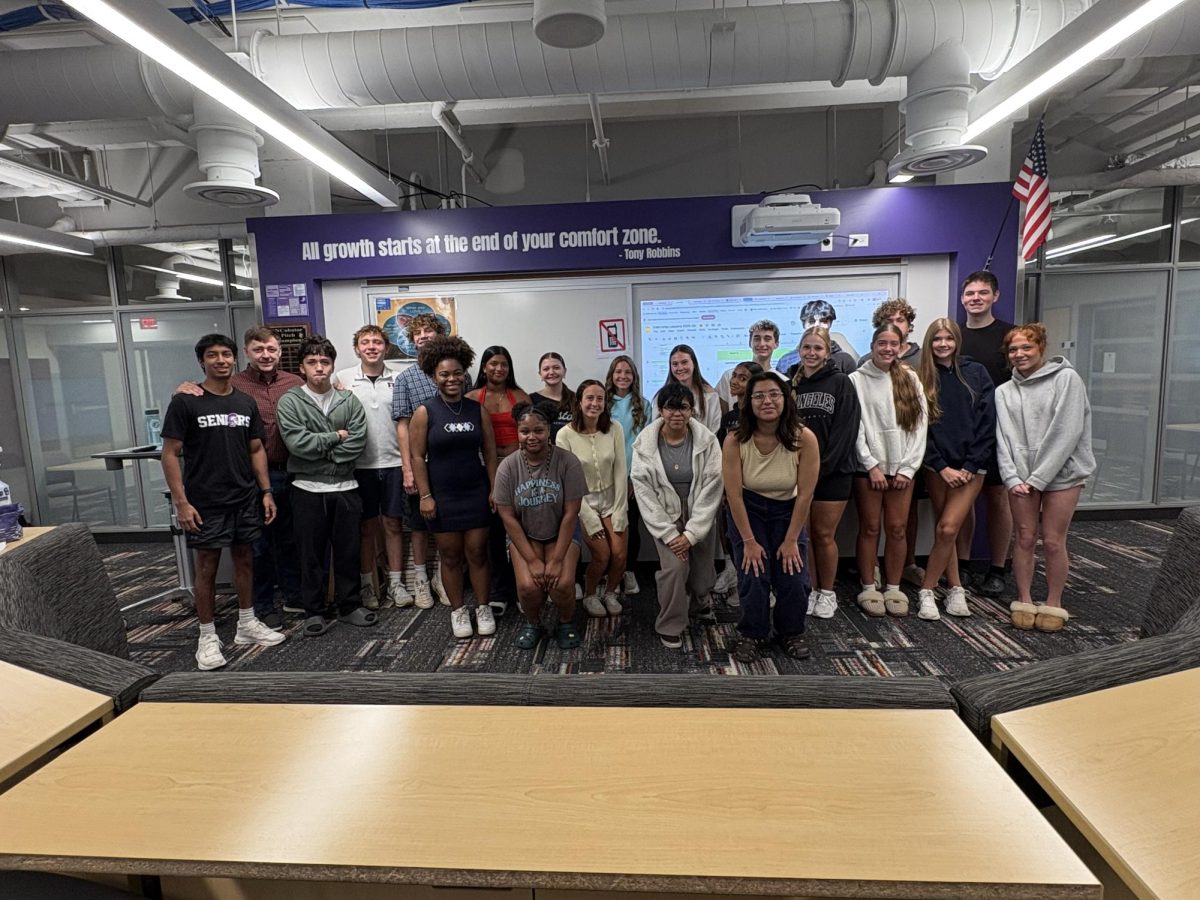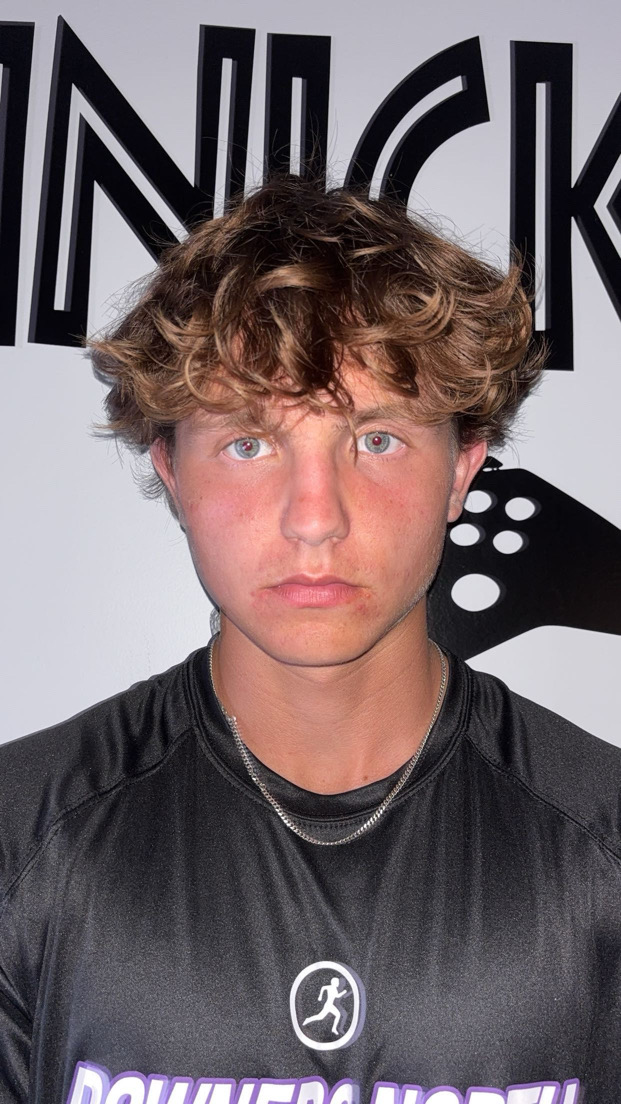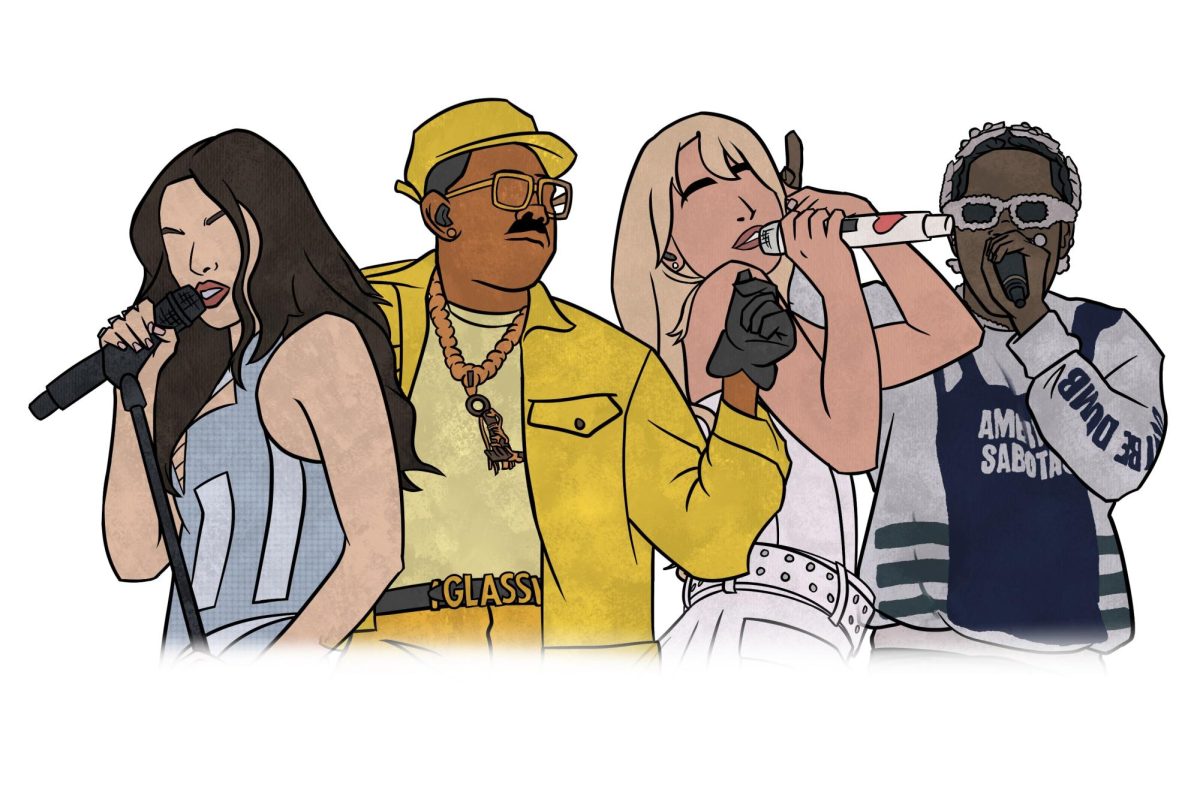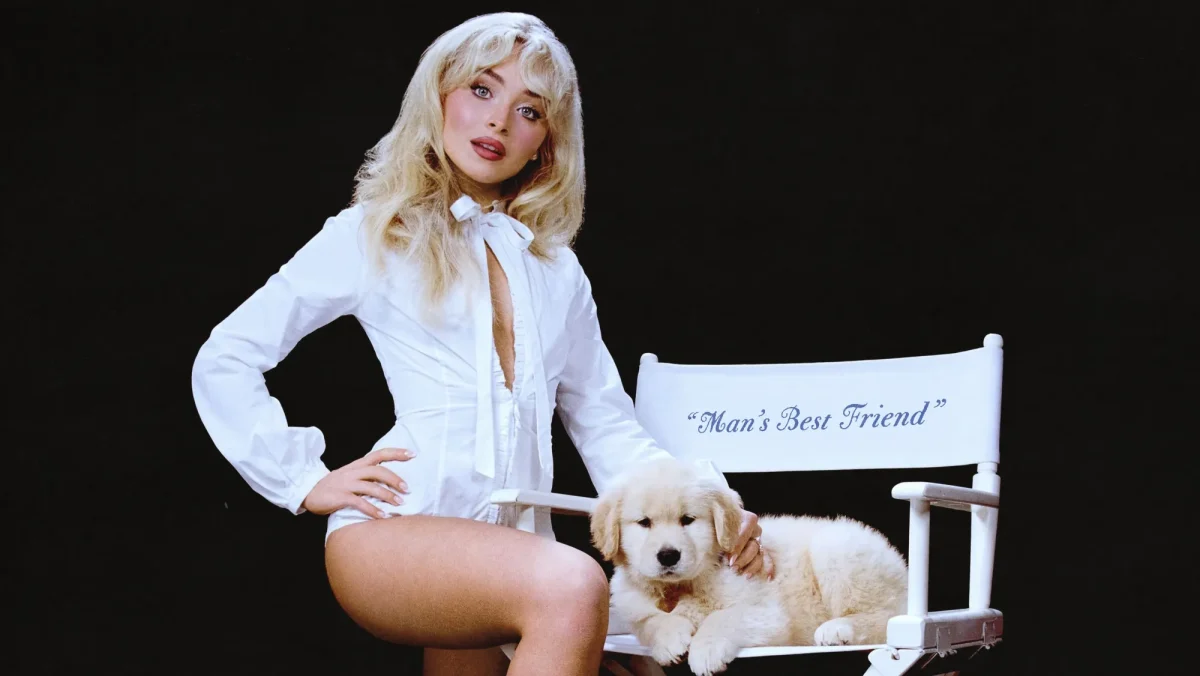Dobias begins campaign for media equality
September 30, 2014
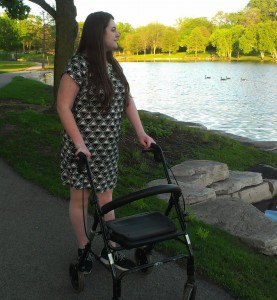 DGN graduate Dayna Dobias’s social media movement, Project Media Equality, was released on YouTube on June 27 2014, with the goal to provide more opportunities for actors with disabilities. Since its summer release, Dobias’s campaign has been featured on “CBS Chicago News Radio WBBM 780 AM” and also in “My Suburban Life Newspaper”.
DGN graduate Dayna Dobias’s social media movement, Project Media Equality, was released on YouTube on June 27 2014, with the goal to provide more opportunities for actors with disabilities. Since its summer release, Dobias’s campaign has been featured on “CBS Chicago News Radio WBBM 780 AM” and also in “My Suburban Life Newspaper”.
Dayna has had Cerebral Palsy her entire life. This condition affects the way she walks, which she explains in her video.
“My main goal in creating this movement was to create awareness on this topic and for my message to reach many. I think it is time that the millions of Americans with disabilities are accurately represented in the media. Hopefully this will reach the right people who can help make a change,” Dobias said.
Since Dobias was a child, she has always dreamed of being an actress. This dream fell short when she realized that an opportunity for someone with a disability to become an actress were scarce. This inspired her to begin Project Media Equality so that those with disabilities like herself could fulfill their dreams.
In addition to being featured by various news sources, Dobias has been contacted by a TV station for disabled individuals that hope to collaborate with her. Many people have also reached out to Dobias personally through email or by commenting on her video.
One comment on the video was from Kathryn Hall, “I’m from Australia and found this video on Facebook. As a theatre performer with cerebral palsy… I would love to find out how I can get involved.”
John W. Quinn, author Someone Like Me, a novel about his own life and how he has overcame issues with Cerebral Palsy. After seeing Project Media Equality, he reached out to Dayna. Quinn was impressed to see that someone shares his own views on disabilty’s role in main stream media.
“I’ve felt the same way as Dayna for quite some time,” Quinn said, “It’s time to look past the disability and to find the ability that everyone has inside them.”
Rose Fischer, who blogs about her experience with cerebral palsy also has reached out to Dayna by commenting on her video.
“As I have gotten older, I have seen other minority groups make great strides toward equality, but there has been little progress for people with disabilities, especially in the media,” Fischer remarked.
Another point Dobias makes in her video is that most characters in films and on TV often have exaggerated problems related to their disability.
In the future Dayna is planning to become a motivational speaker in order to bring her experiences with bullying, disability and inequality to students, who have faced similar circumstances.
“I was always inspired by the assembly speakers that I heard while I was at North and hopefully I can inspire some students in the future,” Dobias said.


